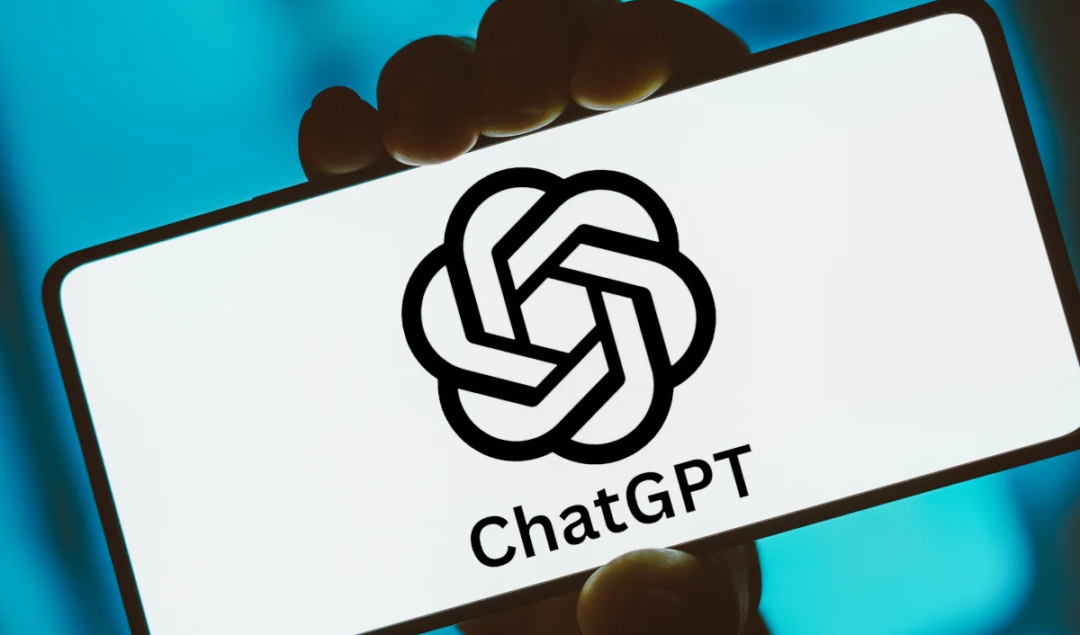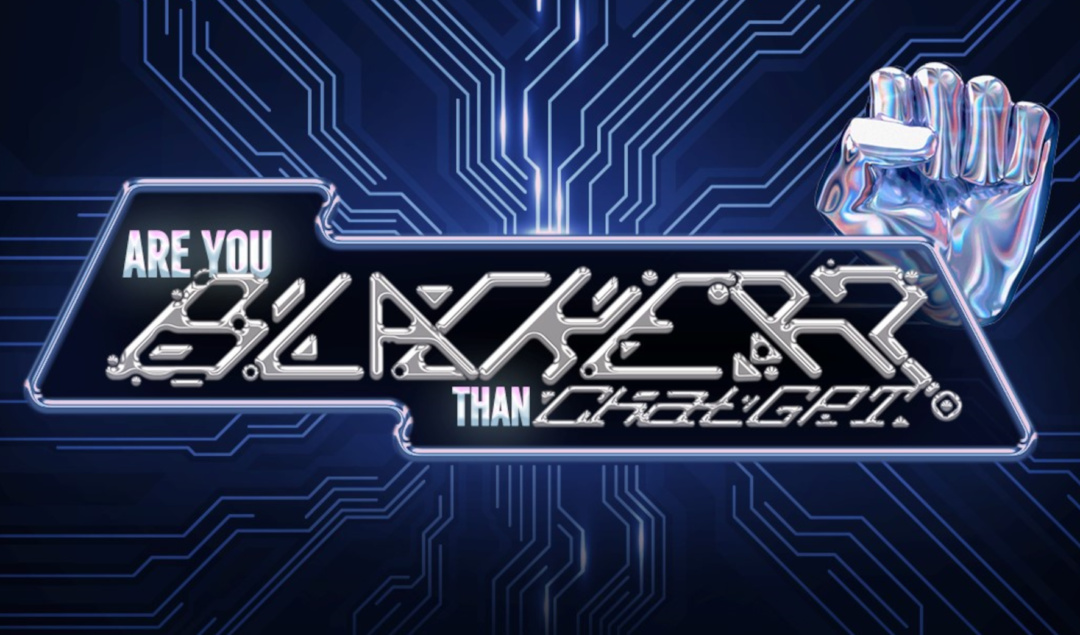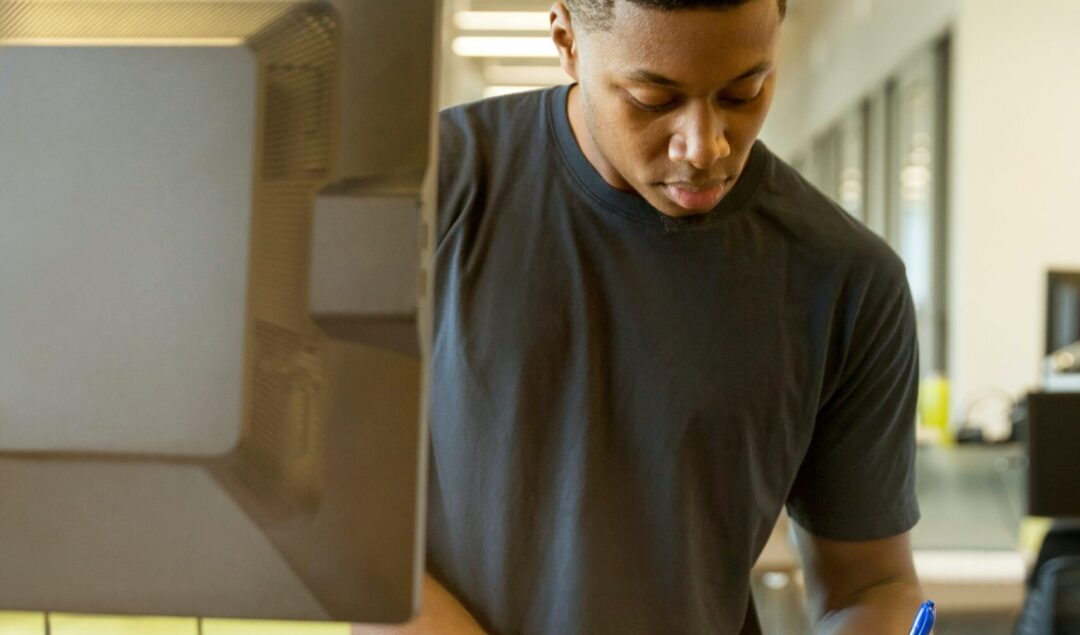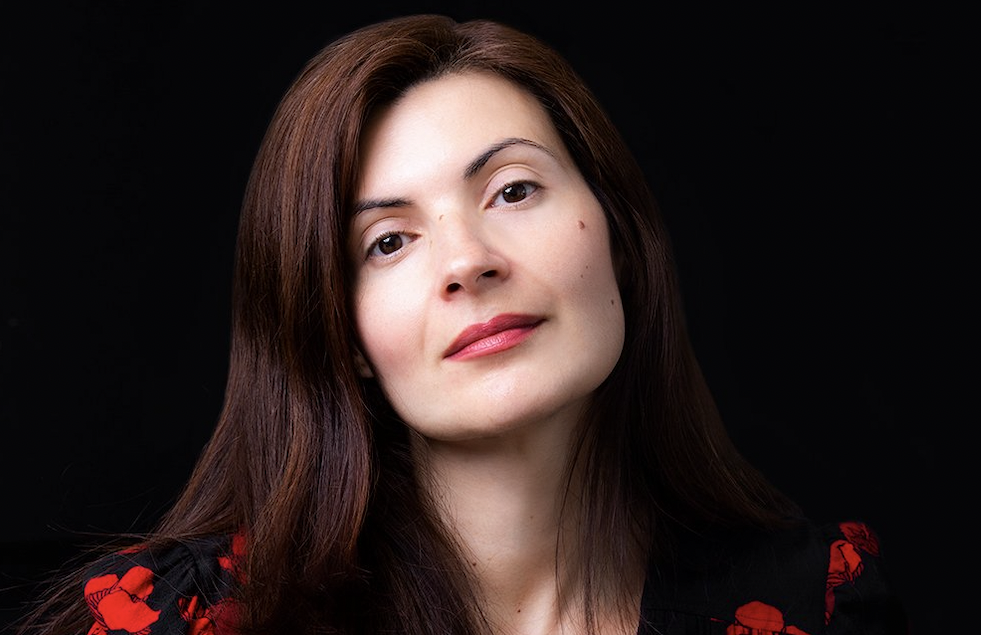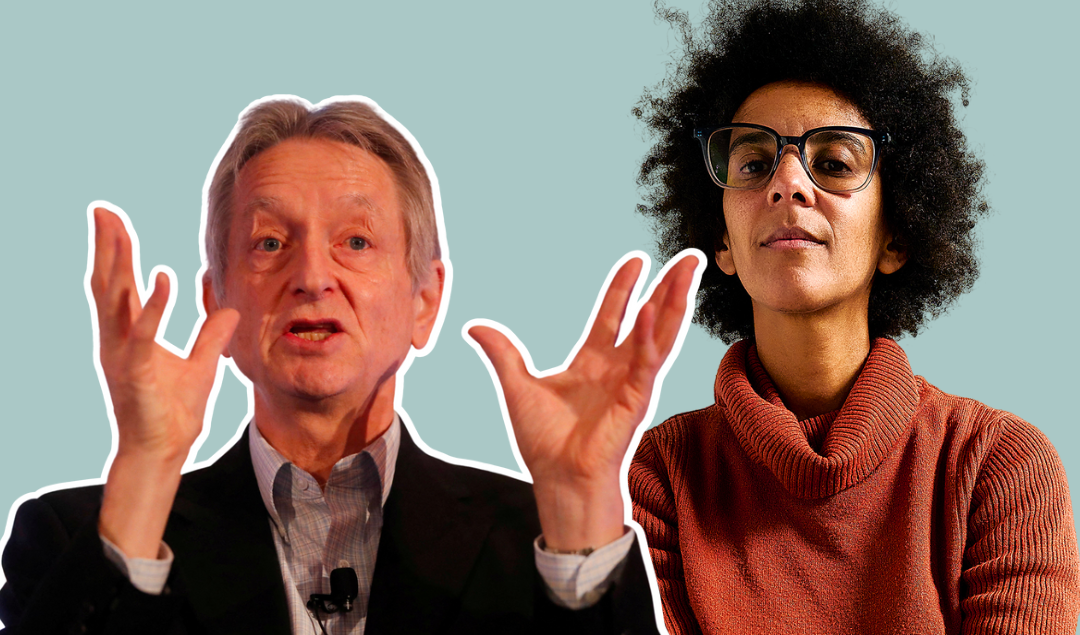Brazil’s government is hiring OpenAI to speed up the screening and analysis of thousands of lawsuits using AI to avoid costly court losses, according to Reuters. Court-ordered debt payments have consumed a growing share of Brazil’s federal budget. Their government estimated it would spend 70.7 billion reais ($13.2 billion) next year on judicial decisions it can no longer appeal. That figure does not include small-value claims, meaning the combined account of over 100 billion reais represents a sharp increase from 37.3 billion reais in 2015. How Will It Work? The
OpenAI’s ChatGPT chatbot shows racial bias when advising home buyers and renters, Massachusetts Institute of Technology (MIT) research has found. Today’s housing policies are shaped by a long history of discrimination from the government, banks, and private citizens. This history has created racial disparities in credit scores, access to mortgages and rentals, eviction rates, and persistent segregation in US cities. If widely used for housing recommendations, AI models that demonstrate racial bias could potentially worsen residential segregation in these cities. Racially biased housing advice Researcher Eric Liu from MIT examined
Tech companies are now offering AI-powered therapy services designed to meet the specific needs of Black individuals. The Black Female Therapist The “Black Female Therapist” (BFT), a novel AI chatbot, is part of this approach from tech companies providing accessible and tailored mental health support. BFT, developed by Youper, leverages advanced algorithms and natural language processing to offer culturally sensitive advice and empathetic responses. According to Refinery29, the chatbot addresses the emotional challenges faced by Black individuals, including systemic barriers and the need for spaces where they feel seen and
A recent development in the tech industry is the quiz game “Are You Blacker than ChatGPT?” created by creative ad agency McKinney. Are You Blacker Than ChatGPT? This interactive game challenges players to test their knowledge of Black culture against ChatGPT, OpenAI’s language model. The game’s inception traces back to a creative brainstorm at McKinney, led by copywriter Meghan Woods and a Black-led team. It took a year to develop, with the underlying goal of pointing out ChatGPT’s limitations in grasping the nuances of Black culture. The deficiency stems from
Tech Spark AI has raised $1.4 million to create a new generative AI platform, Spark Plug, which aims to create a more inclusive, personalized educational experience for students. The pre-seed funding round was led by TD Bank, with participation from Salesforce, Canada’s government, and NBA Canada. An educational ChatGPT alternative Tamar Huggins and her 13-year-old daughter Talia Grant founded the AI company eight years ago to improve the education experience of Black and brown students across North America. Tech Spark is Canada’s first tech and design school committed to empowering
Tools like ChatGPT, WordPress, and React have made creating a website easier than ever, opening the doors of web design to a broader audience. However, this democratization of web design has presented opportunities and challenges, particularly for those who have long relied on it for their livelihood. In South Africa, where web design was once a lucrative profession, AI-powered web design tools bring promise and uncertainty to professionals in the field, Rest of the World reports. An oversaturated market In 2018, web designers in South Africa could earn an average
Kenyan content moderators who removed harmful content produced by OpenAI’s chatbot, ChatGPT, have petitioned the country’s lawmakers to investigate the nature of their work. The petitioners are calling for an investigation into the “nature of the work, the conditions of the work, and the operations” of the Big Tech companies that outsource services in Kenya through companies like Sama. Sama has been hit with several litigations on alleged exploitation, union-busting, and illegal mass layoffs of content moderators. The workers are asking lawmakers to “regulate the outsourcing of harmful and dangerous
Several authors, such as Mona Awad, Paul Tremblay, Christopher Golden, Richard Kadrey, and Sarah Silverman, have filed lawsuits against OpenAI for unlawfully “ingesting” their books. The authors claim OpenAI breached copyright law by training ChatGPT on their novels without their permission. How ChatGPT ‘learns.’ ChatGPT, OpenAI’s artificial intelligence chatbot, skyrocketed in popularity following its release late last year. People mainly use it to compose essays, write emails, create creative stories, and get answers to questions about an extensive range of topics concisely and conversationally. Generative AI models like ChatGPT are
Akash Nigam, the co-founder and CEO of leading avatar company Genies, is spearheading the adoption of ChatGPT within his organization. According to Business Insider, Nigam is spending $2,400 a month on ChatGPT Plus accounts for his 120 employees to cut costs and unlock new levels of productivity. “I’m a pretty frugal, stingy person,” Nigam told the Business Insider. “But in my mind, this is for the health and growth of the company.” By automating monotonous tasks, such as answering coding queries, creating technical roadmaps, and generating creative briefs, Nigam says
Dr Geoffrey Hinton, dubbed the ‘godfather of AI’, recently resigned from Google, echoing ethical concerns raised by AI experts like Timnit Gebru. After more than a decade at the tech giant, Hinton quit Google due to fears about the dangers of AI, but told the BBC that his age played a role: “I’m 75, so it’s time to retire.” In 2012, Hinton and two of his graduate students at the University of Toronto created a neural network that laid the foundation for AI technologies like ChatGPT and Google Bard. Neural

